As an Amazon Associate I earn from qualifying purchases.
I asked on my Facebook page and group what a pro of the ketogenic diet is for them aside from weight loss. Here is what they told me; no more digestion issues, better focus, more energy, improvement of hypothyroidism, health, stable blood sugars.
Below are even more pros on the ketogenic diet along with some cons.
Pros of a Ketogenic Diet
1. Reduces Epilepsy Seizures
One study showed that the classic keto diet gave a significantly higher rate for "seizure freedom" after 3 months compared to the modified Atkins diet for those 1-2 years of age. The modified Atkins diet showed fewer serious side effects of seizures. (source)
Another study demonstrated that the keto diet helped children reduced the number of seizures that had intractable epilepsy compared to children who were not put on a keto diet. (source)
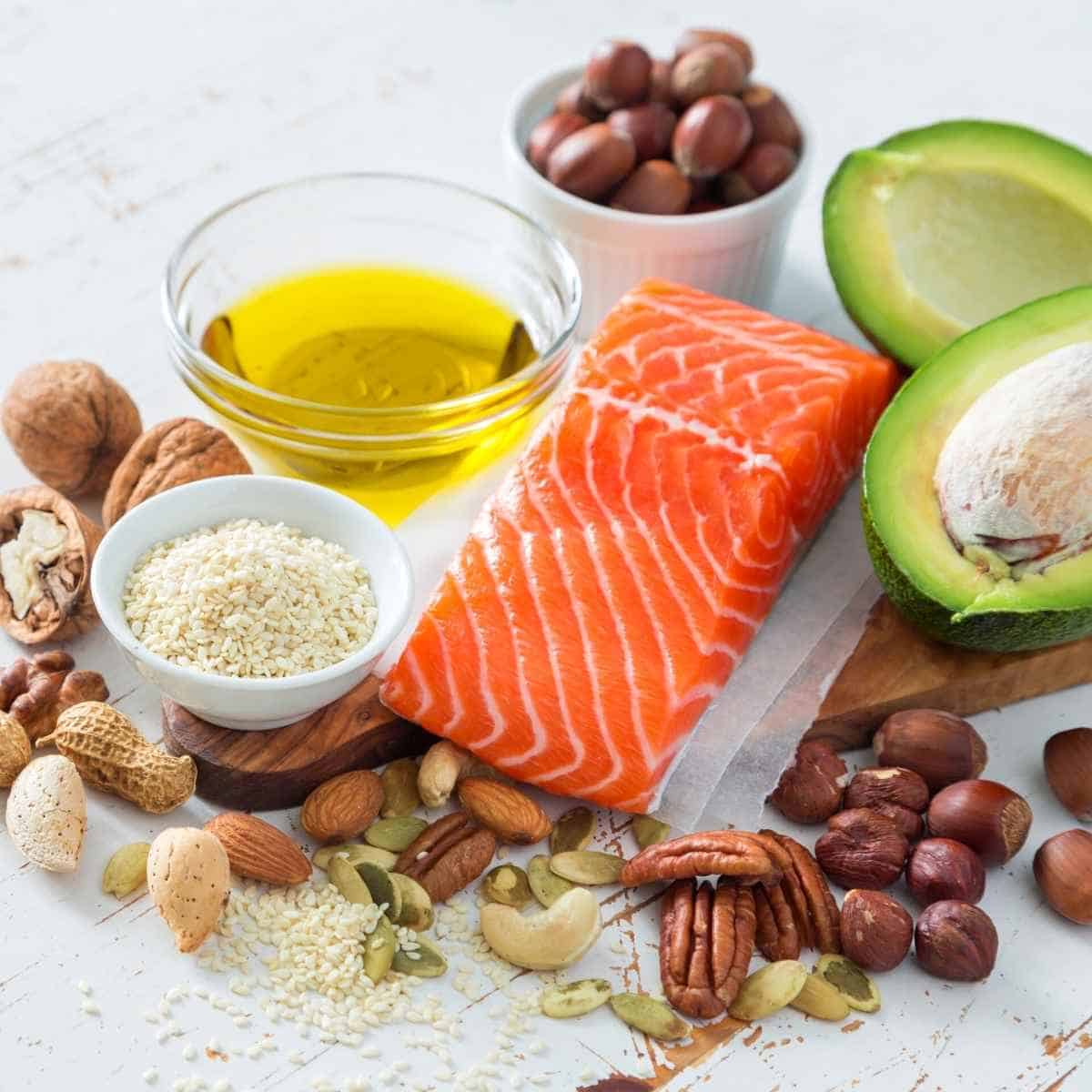
2. Improved Cholesterol
There are studies that show a ketogenic diet can improve cholesterol numbers for individuals. (source 1, source 2, source 3)
A study where people consumed a keto diet or a low-fat diet showed that for those on a keto diet the total LDL did not lower, however, it started making more large LDL and less small dense LDL particle sizes. This change can lower cardiovascular disease risk.
There is a study that shows looking at the LDL particle size (large and small) is a better measurement to look at compared to just how much LDL is in the blood.
A 12-week study showed that a keto diet with 12% carbs, 59% fat, and 28% protein, showed a decrease in triacylglycerol of 51% and an increase of 13% of HDL with a total cholesterol/HDL ratio decrease of 14%.
In another 12 week study, those on a Spanish Ketogenic Mediterranean Diet improved their triacylglyceride and HDL numbers. Triacylglycerols were reduced by 51.26% (224.86 mg/dL to 109.59 mg/dL) and HDL increased from 44.44 to 57.95 mg/dL.
The Spanish Ketogenic Mediterranean Diet is a keto diet with the "incorporation of virgin olive oil as the principal source of fat (> or =30 ml/day), moderate red wine intake (200-400 ml/day), green vegetables, and salads as the main source of carbohydrates and fish as the main source of proteins. (source)"
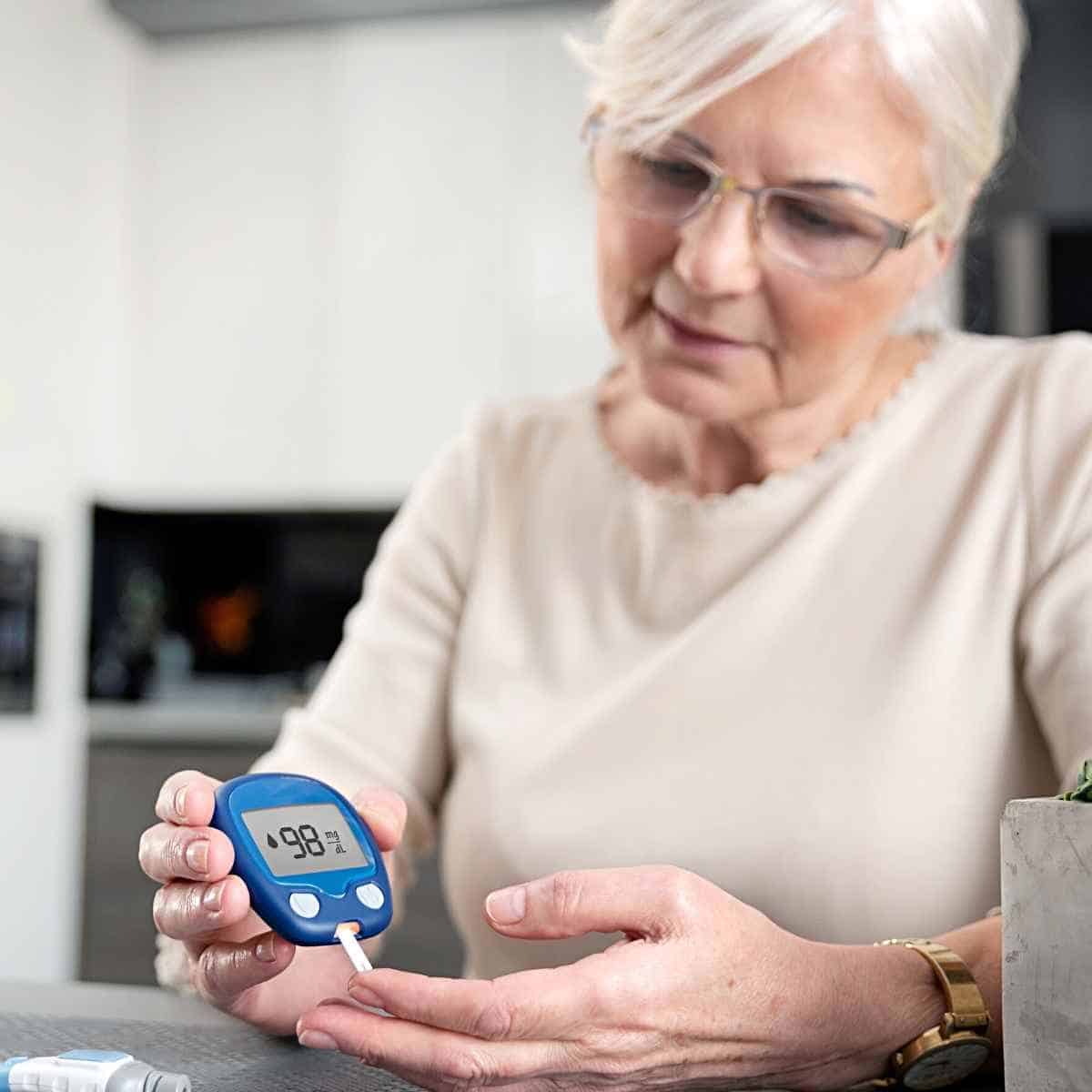
3. Reduced Blood Sugars
The keto diet can help those who struggle with high blood sugars. Anecdotally, I see this being said by many who have diabetes including my type 1 diabetic husband.
Let's talk research studies though. There are 2 studies that lasted 12 weeks that have shown glucose numbers decrease in those who ate a ketogenic diet. (source 1, source 2)
The first study showed that the fasting plasma glucose went from 118.81 mg/dL to 91.86 mg/dL.
The other study where the keto diet consisted of 12% carbohydrates, 59% fat, and 28% protein, showed reduced glucose by 12% and insulin concentrations reduced by 50%.
4. Improved Blood Pressure
Some may think a con of the keto diet is blood pressure but it can be a pro if the diet is done correctly.
A 12-week study showed both systolic and diastolic blood pressure improved. There were men and women who were obese subjects with metabolic syndrome. They used the Spanish Ketogenic Mediterranean Diet in this study as well.
Their systolic blood pressure went from 141.59 mm Hg to 123.64 mm Hg. Their diastolic blood pressure went from 89.09 mm Hg to 76.36 mm Hg.
There was another study done with overweight or obese patients that were either put on a keto diet (less than 20 grams of carbs) or were on a low-fat diet plus orlistat therapy (O + LFD). This study lasted for 48 weeks.
Those who had the low-carb keto diet improved their blood pressure more than the other group. Systolic blood pressure dropped by 5.9 mm Hg on the keto diet and on the O + LFD it increased by 1.5 mm Hg. Diastolic blood pressure dropped by 4.5 mm Hg on the keto diet and on the O + LFD it increased by 0.4 mm Hg.
5. Helps with Polycystic Ovary Syndrome (PCOS)
Polycystic Ovary Syndrome is a hormonal problem in women that often have symptoms of infertility and higher levels of male hormones not typical in females. You can learn more from this source.
When women with PCOS ate 20 grams or less of carbs per day over a 24-week time frame, the following levels dropped; percent free testosterone (by 22%), LH/FSH ratio (by 36%), and fasting insulin (by 54%). (source)
There was a study done on women with PCOS that struggled with depression. The two groups were either put on a low protein and high carb diet or a high protein and low carb diet.
Those in the low carb diet had a significant decrease in depression their self-esteem got better. This was a 16-week study. (source)
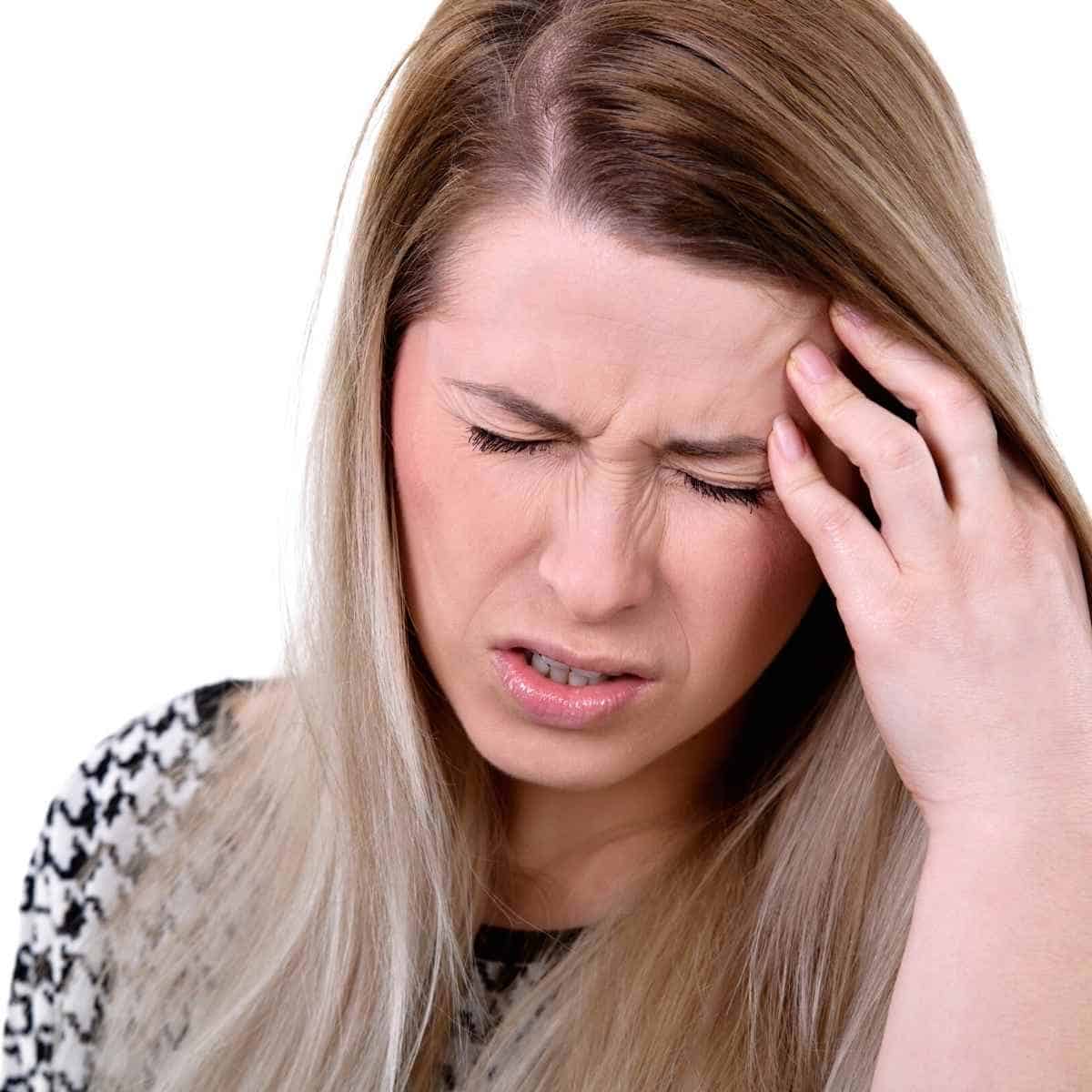
6. Improves Migraine Headaches
In a study where one group ate a ketogenic diet and the other group ate a standard low-calorie diet, the ketogenic diet group migraine headaches happened less and less medication was used. There was no change in the other group. (source)
There have been other studies done that have been shown to help those who suffer from migraines. (source 1, source 2)
7. Stops Heartburn
In a 16 week-long study, with women 21-50 years of age all GERD (gastro-oesophageal reflux disease) symptoms and medications were stopped at 10 weeks and stay away for the end of the study.
GERD symptoms are heartburn, reflux, and regurgitation.
Another study showed that the pH in the participants of the study esophagus improved along with GERD symptoms decreased.
For me, the author of this post, heartburn stopped for me on a keto diet. When I went off the keto diet for a period of time, the heartburn came right back.
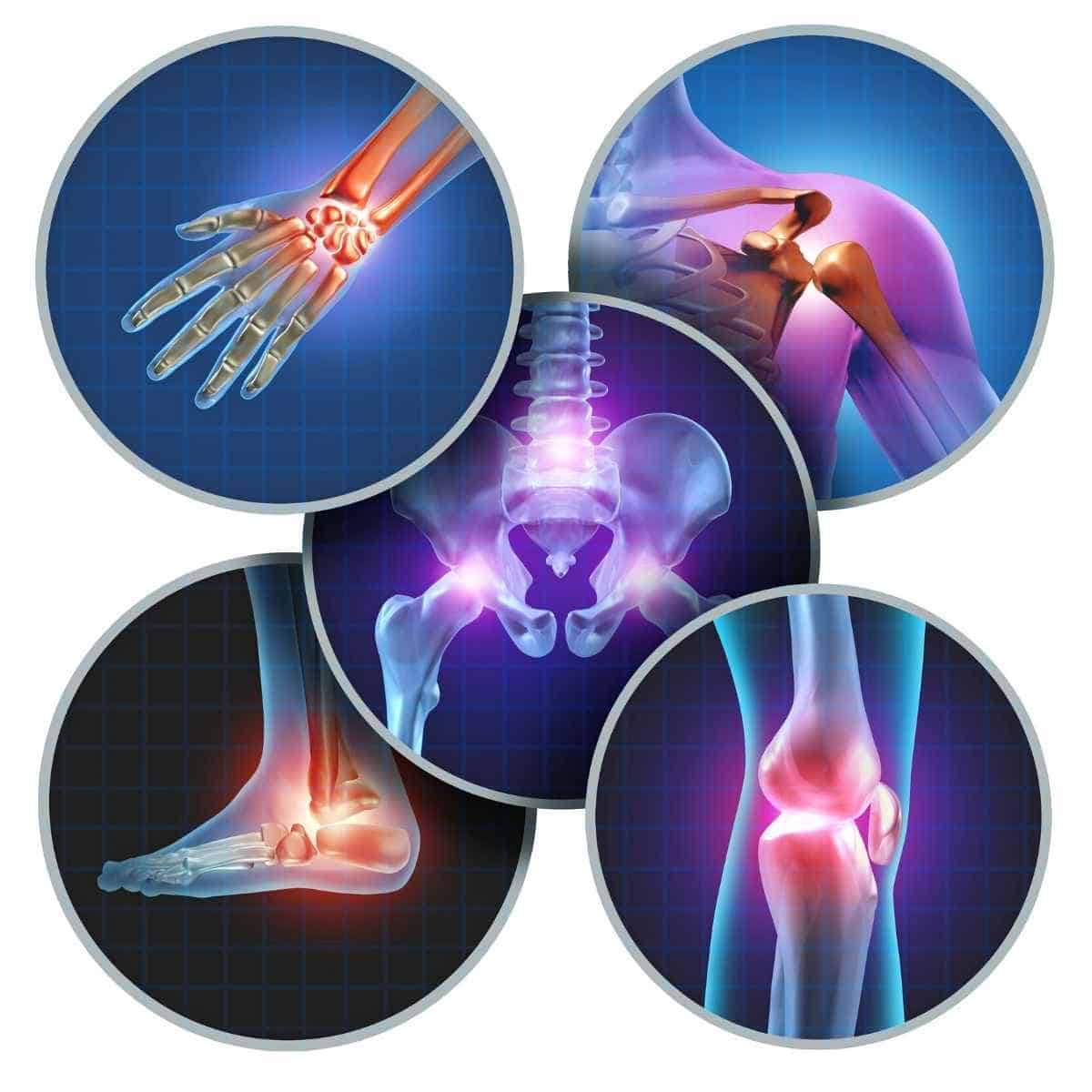
8. Reduces Inflammation
One of my favorite pros of the keto diet is that it reduces inflammation in the body. There have been studies done that show that happens. (source 1, source 2, source 3, source 4)
There have been at least 3 studies done on rodents that demonstrate that a ketogenic diet lowers inflammation in the body. (source 1, source 2, source 3) Another study done on individuals showed the same as well. (source 1, source 2)
In one of the rodent studies, the rats were put on a ketogenic diet for three weeks and then was injected in one paw with a substance that would produce inflammation. After two days, the researchers checked for inflammation. The control group did not go on a keto diet. Those that ate a keto diet showed significant results that inflammation was reduced.
In 2014 there was a study done on who had type 2 diabetes. One group was put on a ketogenic diet where 20% of calories came from carbohydrates and the other group consumed 55-60% of calories from carbohydrates.
At the end of 6 months, the tested inflammation markers were significantly lowered in the group that ate a low carb diet only.
There was another study done on overweight men and women that showed a very low carbohydrate diet reduced inflammation compared to a low-fat diet.
9. Helps With Weight Loss
I put this pro for keto low on the list for a reason, simply because most everybody knows about this. Keto is beneficial for its weight loss benefits (source 1, source 2, source 3).
In fact, there was a study done on female athletes that showed they could lose weight and maintain non-fat body mass (source).
When the body is in a state of ketosis it uses fat for fuel (source), it also makes it help people suppress their appetites (source).
Cons of the Keto Diet
1. Some people may find it hard to stick to
Depending on how someone is currently eating, starting a keto diet may be more difficult for them compared to someone else. However, with some support and resources, people can easily stay on the ketogenic diet.
I do understand that some of the convenience foods are not keto-friendly, such as desserts or an alternative to potato salad in grocery stores. Even though there are a ton of keto recipes online to make at home, not everyone has the time or the ability to make these foods at home.
However, over time, I believe that staying on the keto diet does get easier and cravings do decrease. To stay keto it can take time to meal plan and be prepared for life's circumstances. Here is an article for additional keto tips.

2. Some may say people don't get enough calories
Just because people eat a ketogenic diet does not mean they have to decrease their calories. You can overconsume calories on a keto diet or under-eat calories as well. People may not be eating enough even when they are trying to lose weight.
I do not recommend this and they should seek further help is needed in losing weight and getting enough calories that their body needs to function.
3. Nutrient Deficiency
People can become nutrient deficient on the keto diet, however, this is the case on any diet someone is on. The nutrients from grains, starchy vegetables, and higher-carb fruits can be obtained from other foods on the keto diet.
Perfect Keto has put together a nice article on how to get all the essential micronutrients we need as humans, while on keto.
4. Keto Flu
One con when someone is starting keto they may experience what people call the keto flue. However, this does not have to happen. This is where electrolytes are very important along with drinking water.
To put it simply, when you stop eating carbs, your body no longer hangs on to water like it used to. This water contains electrolytes that your body needs. When you go keto, your body will pee these electrolytes out and you will need to replenish them.
To make things easy for me any day of the week, I take an electrolyte powder. However, you don't have to consume electrolyte powder to get your electrolytes in on keto. The Diet Doctor put together a nice article on how you do this.
Related Article: Review on Re-Lyte Electrolyte Powder
5. Possible Diarrhea
Due to consuming more fat, your gut will be going through some changes and it makes take time to adjust to your new way of eating. There are foods that you can consume to help your gut during this time. Here is an article on the best foods for keto diarrhea.
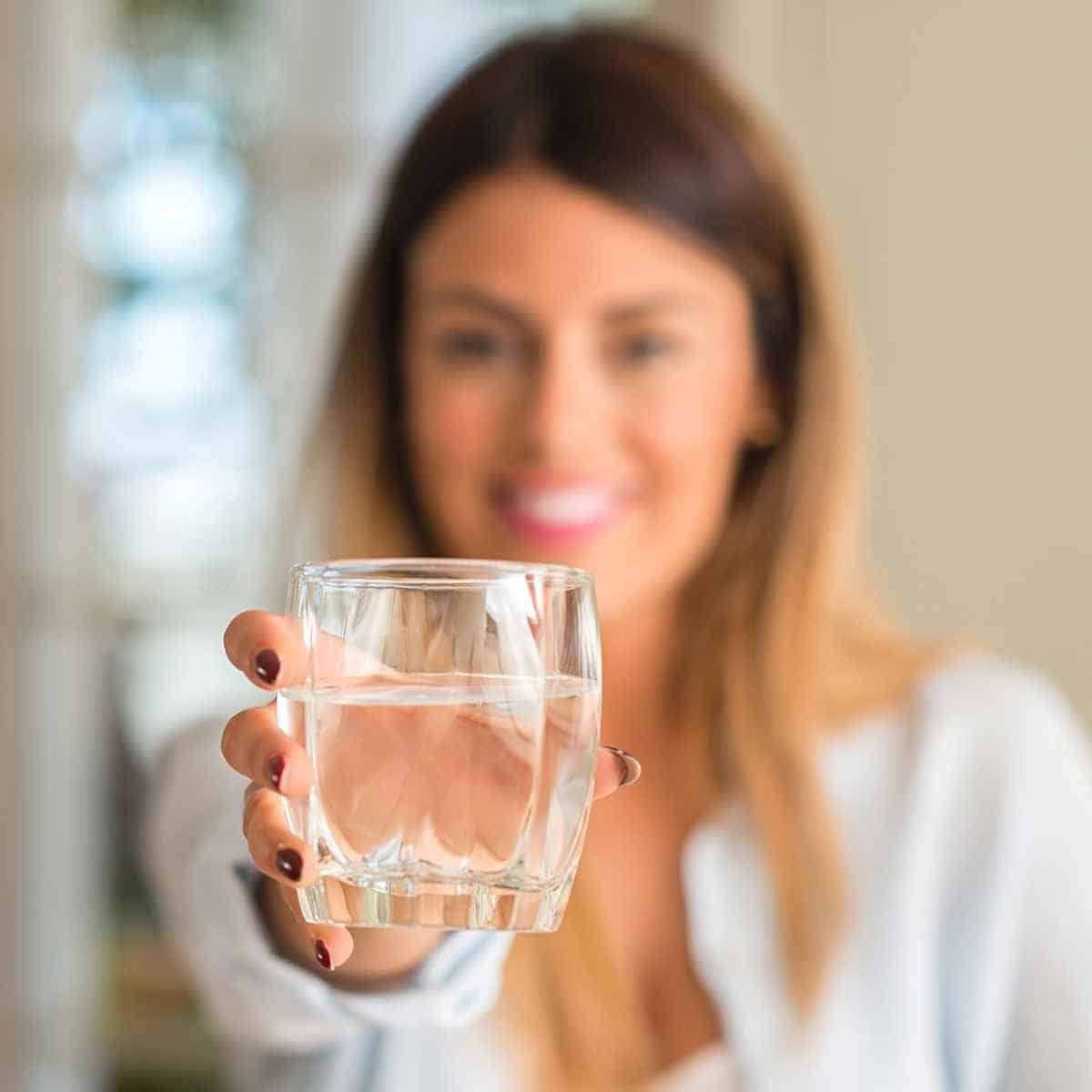
6. Dehydration
The body will become more dehydrated on the keto diet due to consuming carbs less and producing less insulin. However, there is an easy solution to this. People need to consume more water on this way of eating.
7. Body Aches
Some people may experience body aches on the ketogenic diet. However, this reason is due to an imbalance of electrolytes. I wrote an article on this topic that can help if someone is experiencing this. How to Fix Whole Body Aches on Keto
The information on Keto Keuhn Nutrition is not medical advice, nor is it intended to replace a consultation with a medical professional. Please inform your physician of any changes you make to your diet or lifestyle and discuss these changes with them. If you have questions or concerns about any medical conditions you may have, please contact your physician.


Comments
No Comments